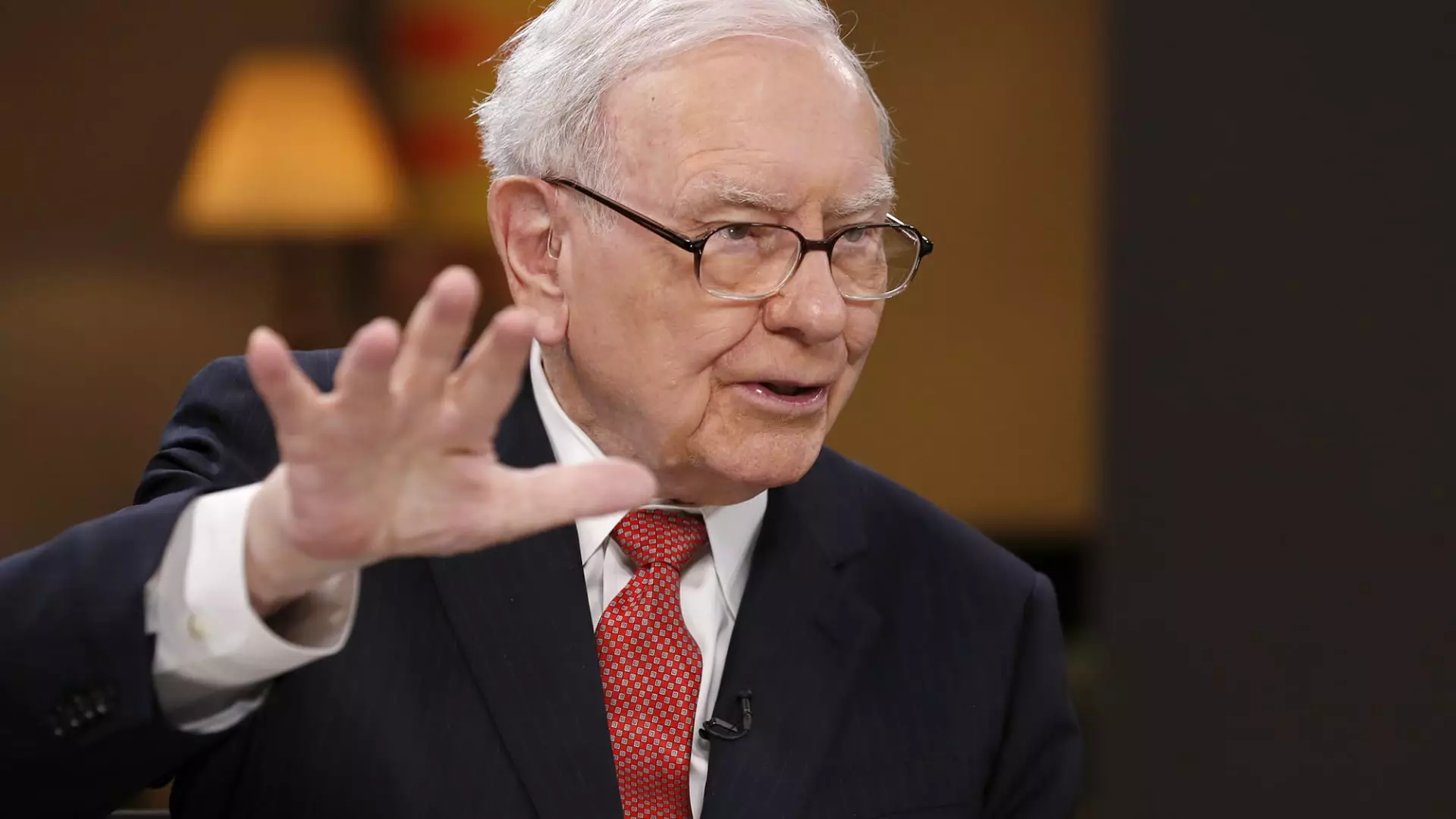Warren Buffett, often referred to as the “Oracle of Omaha,” stands out not just for his legendary investment acumen but also for his unique perspective on wealth and inheritance. Recently, the billionaire investor has emphasized the importance of philanthropy over dynastic wealth, a notion he addressed through his latest charitable maneuvers. This article explores Buffett’s philosophy, his decisions regarding the oversight of his wealth, and the implications of his stance on dynastic wealth.
Buffett’s declaration to donate 99% of his $150 billion fortune raises essential questions about the treatment of wealth and the moral obligations of the wealthy. Unlike many high-net-worth individuals who seek to preserve their family legacy through significant inheritances, Buffett aims to eliminate the prospect of “dynastic” wealth. His recent act of appointing independent trustees to manage his philanthropic efforts underscores his commitment to this principle. By designating trustees rather than entrusting his wealth directly to his children, Buffett demonstrates a profound understanding of the complexities that wealth begets—both socially and personally.
Buffett’s financial decisions reflect a deep-seated belief that enormous inheritances can often stifle personal initiative, ambition, and societal progress. He articulates a concern that inherited wealth does not guarantee responsible stewardship. In his letter detailing this philosophy, Buffett suggests that while he has complete faith in his children’s capabilities, future generations could possess unpredictable values or priorities. Thus, he seeks to mitigate the risks associated with unchecked wealth distribution.
The appointment of three independent trustees reflects Buffett’s intent for his wealth to be managed judiciously, even beyond his lifetime. He is clear in his desire for his children—Susie, Howie, and Peter—to be active participants in determining how his funds are disbursed during their lifetimes. However, by introducing this buffer of independent trustees, Buffett signals an awareness that wealth management requires a level of oversight that may not invariably match familial connections. The trustees, who remain unidentified, are described as individuals known to Buffett’s children, ensuring a degree of familial alignment while distancing the issues of wealth distribution from heirlooms of family legacy.
This shift illustrates a progressive approach to philanthropy. By allowing for both familial influence and independent governance, Buffett is creating a model that invites adaptability in response to changing societal values. Individuals involved in philanthropy, especially at Buffett’s scale, must navigate an evolving landscape that demands innovative and effective methods for resource allocation.
Buffett’s strong emphasis on philanthropy also represents a broader societal critique of wealth concentration. He journeys beyond personal legacy building to address systemic issues stemming from wealth disparity. The implications of his approach reach communities and social organizations that effectively benefit from his charitable endeavors. By directing his wealth into foundational causes rather than simply establishing a family dynasty, Buffett challenges conventional beliefs about wealth retention and invokes a call for responsibility among the affluent.
However, one may argue whether such a radical rethinking of wealth distribution overlooks valid family dynamics. Wealth can foster opportunities for education, health, and entrepreneurship, therefore serving as a catalyst for further societal progress. Yet, Buffett’s perspective reflects a wary mindset about the long-term effects of inherited wealth on individual aspirations, a sentiment that resonates with rising conversations regarding wealth inequality today.
As Buffett continues to navigate the intricate landscape of wealth and inheritance, his innovative approach challenges the established norms that dictate how fortunes are passed down through generations. By focusing on philanthropy and the responsible management of resources, he not only sets a precedent for other wealthy individuals but also encourages a cultural shift toward shared responsibility. In this context, Buffett’s actions serve not only as a critique of dynastic wealth but as a model for redefining success, allowing philanthropy to function as a primary vehicle for legacy—far beyond the mere passage of financial assets. This evolution of thought may ultimately lead to a more equitable society, where wealth fosters progress rather than entitlement.

